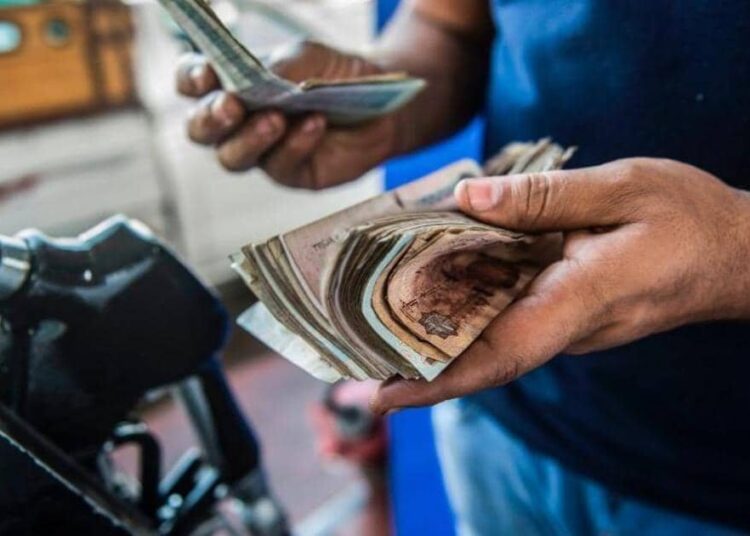Oil prices are expected to continue upwards amid concerns of growing demand and modest supply.
Crude oil is close to the $80 a barrel mark, its highest rise since 2018.
“Energy and oil demand picked up significantly in 2021 after the massive drop in 2020, and continued expansion is forecast for the longer term,” Mohammed Barkindo, secretary-general of the Organisation of the Petroleum Exporting Countries (OPEC), said.
Petroleum consultant Yousry Hassan believes that such a rise comes with a two-fold impact on Egypt’s economy.
“It will cause a hike in Egypt’s bills for importing oil crude and petroleum derivatives. However, it would boost Egyptian exports of petroleum and its derivatives,” Hassan said.
However, the surge in the import bill should be seriously considered in view of the huge crude imports compared to exports, he added.
According to a report by the cabinet media centre, petroleum product exports increased 95 per cent to $3.9 billion in 2019/20, compared to $2 billion in 2014/15. At the same time, imports fell 53.3 per cent to $4.3 billion in 2019/20 compared to $9.2 billion in 2014/15.
The government is enacting plans to attain self-sufficiency in petroleum derivatives by 2023, which would limit the impact of any rise in international oil prices.
The report added that foreign investments in the petroleum sector rose 5.4 per cent, to $7.8 billion in 2019/20, compared to $7.4 billion in 2014/15. In addition, local investments surged 90.9 per cent to LE12.6 billion in 2019/20, compared to LE6.6 billion in 2014/15.
Oil companies suffered greatly from low global crude prices due to the coronavirus pandemic last year.
Investment by foreign oil companies operating in Egypt for research, exploration, and production will increase in the coming period, now that international crude prices are recovering.
The energy market in Egypt is divided into two sectors: natural gas and petroleum plus its derivatives.
Former vice president of the Egyptian Petroleum Authority Medhat Youssef said the gas sectors are currently stable, so it’s safe from global oil price fluctuations.
Meanwhile, Egypt imports 25-30 per cent of its total consumption of petroleum derivatives.
Youssef pointed out the rise in global oil prices would boost Egyptian petroleum exports, but the greater impact appears on the import bill.”






Discussion about this post